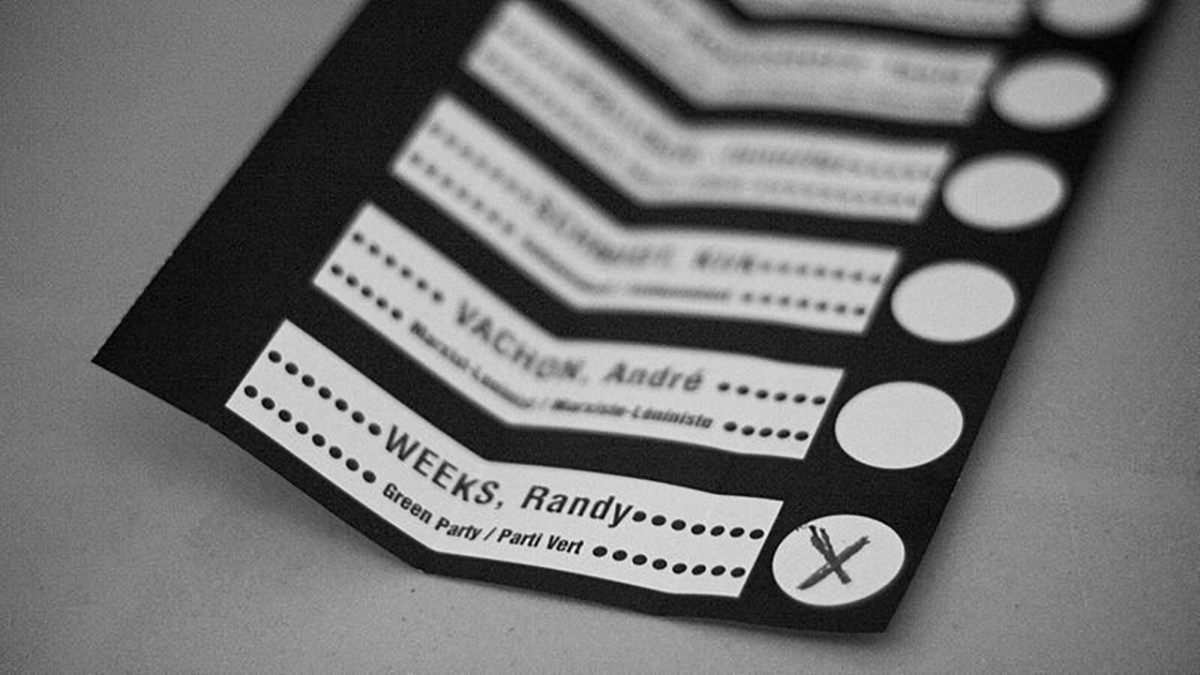
Strategic voting: what is it and should you do it?
By Melinna Miranda
If you’re a first-time voter, choosing what party to vote for can be confusing. Maybe you’ve never voted because you thought your vote wouldn’t count. Strategic voting aims to make sure that no vote is “wasted.”
Strategic voting is exactly what it sounds like – voting for a candidate in your riding that is most likely to defeat the candidate that you don’t want to win. This can mean voting for a party you don’t necessarily side with, but instead voting for one just so that the party you dislike doesn’t win.
Websites such as strategicvoting.ca and vote
With Canada’s current electoral system, first-past-the-post (FPTP), a candidate wins a seat in Parliament if they receive the highest number of votes in their riding. Candidates don’t need to have 50 per cent of the vote in order to win, and oftentimes win with less than half of the vote. This can result in vote splitting, where votes are divided between candidates that have similar platforms, thereby increasing the chance of the candidate with a minority of the vote to win. This is an issue because the result doesn’t necessarily reflect the choices of the majority of the population.
Voting strategically works to avoid splitting the vote. Websites like those mentioned above, encourage voters to choose the New Democratic Party (NDP), Liberal or Green party candidate in their riding that looks best placed to defeat the Conservatives. By inputting your riding, the website calculates which of those three parties has the most support and tells you to vote for that one.
Green party leader Elizabeth May told CTV’s Canada AM on Friday that strategic voting is “slaughtering” the Green party because people don’t vote for what they want. She encouraged voters to choose the candidate they want, and not the outcome.
But Daniel Rubenson, an associate professor of politics at Ryerson, says that there isn’t necessarily anything wrong with voting strategically.
Although Rubenson says it’s not an “ideal” situation, if people want to vote strategically without doing their research, it’s their right to be uniformed.
“It’s the beauty of the system in which we live,” he said.
Second-year new media student Katrina Trantau will be voting for the first time on Monday. She took a test online to see which party her beliefs sided with the most. She says that she rather vote for the party she believes in than vote for one she thinks will win.
“One specific vote isn’t gonna make a huge difference,” she said.
Whether or not strategic voting is detrimental or beneficial to the democratic process is open to debate. But for each individual voter, it could be something to consider when casting a vote Oct. 19.